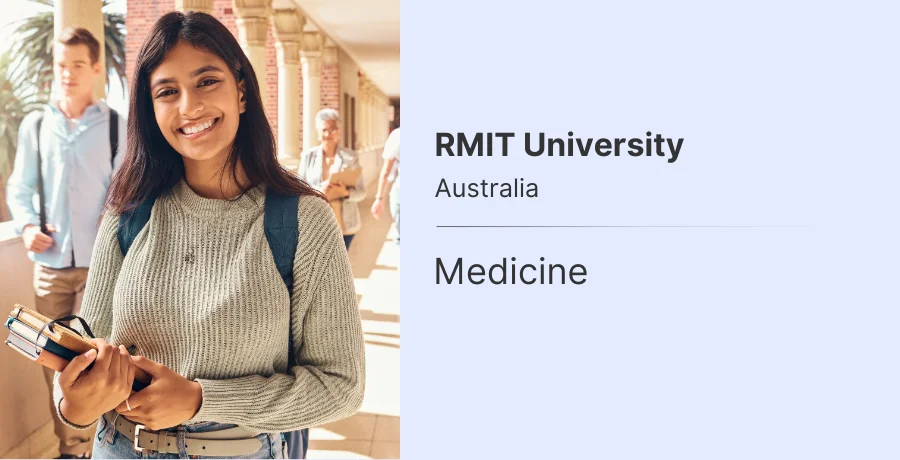Computer Science and Information Technology at University of Tasmania Australia
Table of Contents
- Computer Science and Information Technology at University of Tasmania Australia – Highlights
- Why Study Computer Science and Information Technology at University of Tasmania Australia?
- University of Tasmania Computer Science and Information Technology Rankings
- University of Tasmania Computer Science and Information Technology Acceptance Rate
- Popular Computer Science and Information Technology Courses at University of Tasmania Australia
- Admission Requirements to Computer Science and Information Technology at University of Tasmania Australia
- Cost of Computer Science and Information Technology at University of Tasmania Australia for Indian Students
- Scholarships at University of Tasmania Australia
- Job Prospects for Computer Science and Information Technology at Australia
- FAQs – Computer Science and Information Technology at University of Tasmania Australia
Computer Science and Information Technology at University of Tasmania Australia – Highlights
The University of Tasmania offers a comprehensive and cutting-edge curriculum in Computer Science and Information Technology. Located in the beautiful city of Hobart, the university provides a serene and conducive environment for students to focus on their studies. The university's facilities are top-notch, offering modern labs and research centers that ensure students gain practical experience alongside theoretical knowledge.
Living in Hobart offers students a unique experience, combining the advantages of city life with the tranquility of natural surroundings. The low cost of living compared to other Australian cities makes Hobart an attractive destination for international students. The University of Tasmania is committed to providing support and resources to help students excel in their academic and professional pursuits.
Why Study Computer Science and Information Technology at University of Tasmania Australia?
The University of Tasmania is renowned for its robust Computer Science and Information Technology programs, which are designed to equip students with the skills and knowledge required to excel in the rapidly evolving tech industry. The curriculum is regularly updated to reflect the latest industry trends and technological advancements, ensuring that graduates are well-prepared for the job market.
- Strong industry connections and partnerships.
- Opportunities for internships and practical experience.
- World-class faculty and research facilities.
- Supportive learning environment with a focus on student success.
University of Tasmania Computer Science and Information Technology Rankings
| Ranking | Source |
|---|---|
| Top 300 | QS World University Rankings |
| Top 250 | US News & World Report |
| Top 400 | THE (Times Higher Education) |
| Top 350 | ARWU (Shanghai Ranking) |
University of Tasmania Computer Science and Information Technology Acceptance Rate
- The acceptance rate for the Computer Science and Information Technology programs at the University of Tasmania is approximately 70%.
- This rate indicates a moderately selective admission process, providing opportunities for a diverse range of students to enroll in the program.
Popular Computer Science and Information Technology Courses at University of Tasmania Australia
- Bachelor of Information and Communication Technology: This course provides a strong foundation in IT, covering areas such as software development, networking, and cybersecurity.
- Bachelor of Science in Computing: Focuses on computational theory, algorithms, and the development of software solutions.
- Master of Information Technology and Systems: Designed for graduates to enhance their IT skills and knowledge, with specializations in areas like data analytics and cybersecurity.
- Master of Applied Data Analytics: Equips students with advanced skills in data analysis, big data technologies, and machine learning.
Admission Requirements to Computer Science and Information Technology at University of Tasmania Australia
Admission to the Computer Science and Information Technology programs at the University of Tasmania requires a combination of academic qualifications and English language proficiency.
- Completion of high school or equivalent with a strong academic record.
- English language proficiency tests such as IELTS or TOEFL.
Eligibility criteria include meeting the minimum academic requirements and demonstrating proficiency in English. International students must also provide evidence of financial stability to cover tuition and living expenses.
Additional eligibility criteria may include relevant work experience or prior knowledge in specific areas of computer science and information technology.
- Documents Required:
- Academic transcripts and certificates
- Proof of English language proficiency
- Statement of purpose
- Letters of recommendation
- Resume or CV
- Proficiency Test:
Applicants must take and pass proficiency tests such as the IELTS (minimum score of 6.5) or TOEFL (minimum score of 79) to demonstrate their English language capabilities.
- Visa Process:
- Obtain a Confirmation of Enrolment (CoE) from the University of Tasmania.
- Apply for a student visa (Subclass 500) through the Australian Government's Department of Home Affairs.
- Provide necessary documentation, including financial evidence and health insurance.
- Attend a visa interview if required.
Cost of Computer Science and Information Technology at University of Tasmania Australia for Indian Students
Tuition Fees: The tuition fees for Computer Science and Information Technology programs at the University of Tasmania range from AUD 30,000 to AUD 35,000 per year for international students.
Cost of Living: The cost of living in Hobart is relatively affordable, with estimated expenses ranging from AUD 15,000 to AUD 20,000 per year, including accommodation, food, and transportation.
| Expense | Cost (AUD/year) |
|---|---|
| Tuition Fees | 30,000 - 35,000 |
| Cost of Living | 15,000 - 20,000 |
Scholarships at University of Tasmania Australia
The University of Tasmania offers various scholarships to support international students pursuing Computer Science and Information Technology programs.
- Dean's Merit Scholarship: Awarded to high-achieving students based on academic excellence.
- International Student Scholarship: Provides financial assistance to international students demonstrating financial need.
Job Prospects for Computer Science and Information Technology at Australia
Graduates of Computer Science and Information Technology programs from the University of Tasmania have excellent job prospects in Australia, with opportunities in various sectors such as IT, finance, and healthcare.
| Job Title | Average Salary (AUD) |
|---|---|
| Software Developer | 80,000 - 100,000 |
| Data Analyst | 70,000 - 90,000 |
| Cybersecurity Specialist | 90,000 - 110,000 |
| IT Project Manager | 100,000 - 120,000 |
FAQs – Computer Science and Information Technology at University of Tasmania Australia
- Can I work while studying? Yes, international students are allowed to work up to 20 hours per week during the semester and full-time during semester breaks.
- What are the advantages of studying Computer Science and IT at the University of Tasmania? The university offers a robust curriculum, industry connections, and a supportive learning environment, all contributing to student success.
- What is the average salary for graduates? Graduates can expect to earn an average salary ranging from AUD 70,000 to AUD 120,000, depending on the job role and industry.
- What is the duration of the courses? Bachelor's programs typically take 3-4 years to complete, while master's programs can be completed in 1-2 years.
- What exams do I need to take for admission? Applicants need to take English proficiency tests such as IELTS or TOEFL. Additional entrance exams may be required depending on the specific program.
- What are some popular Computer Science and IT courses at the University of Tasmania? Some of the popular courses include Bachelor of Information and Communication Technology, Bachelor of Science in Computing, Master of Information Technology and Systems, and Master of Applied Data Analytics.












